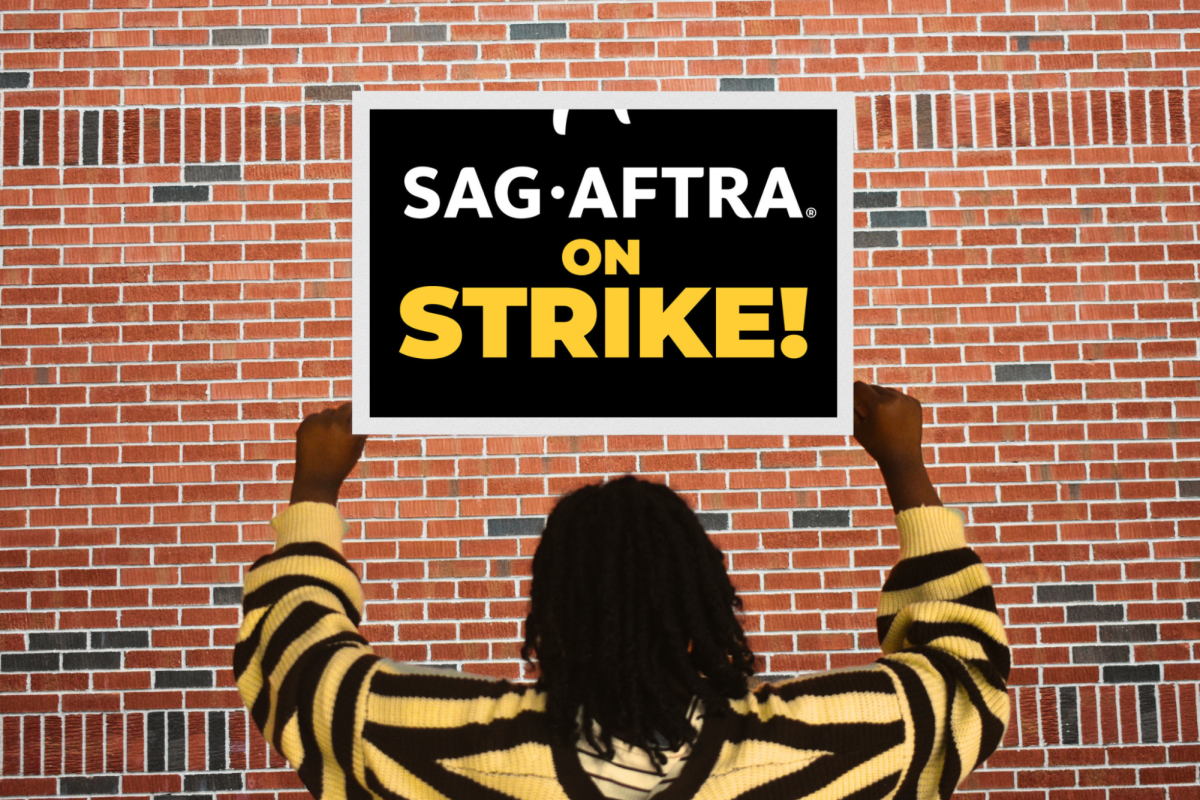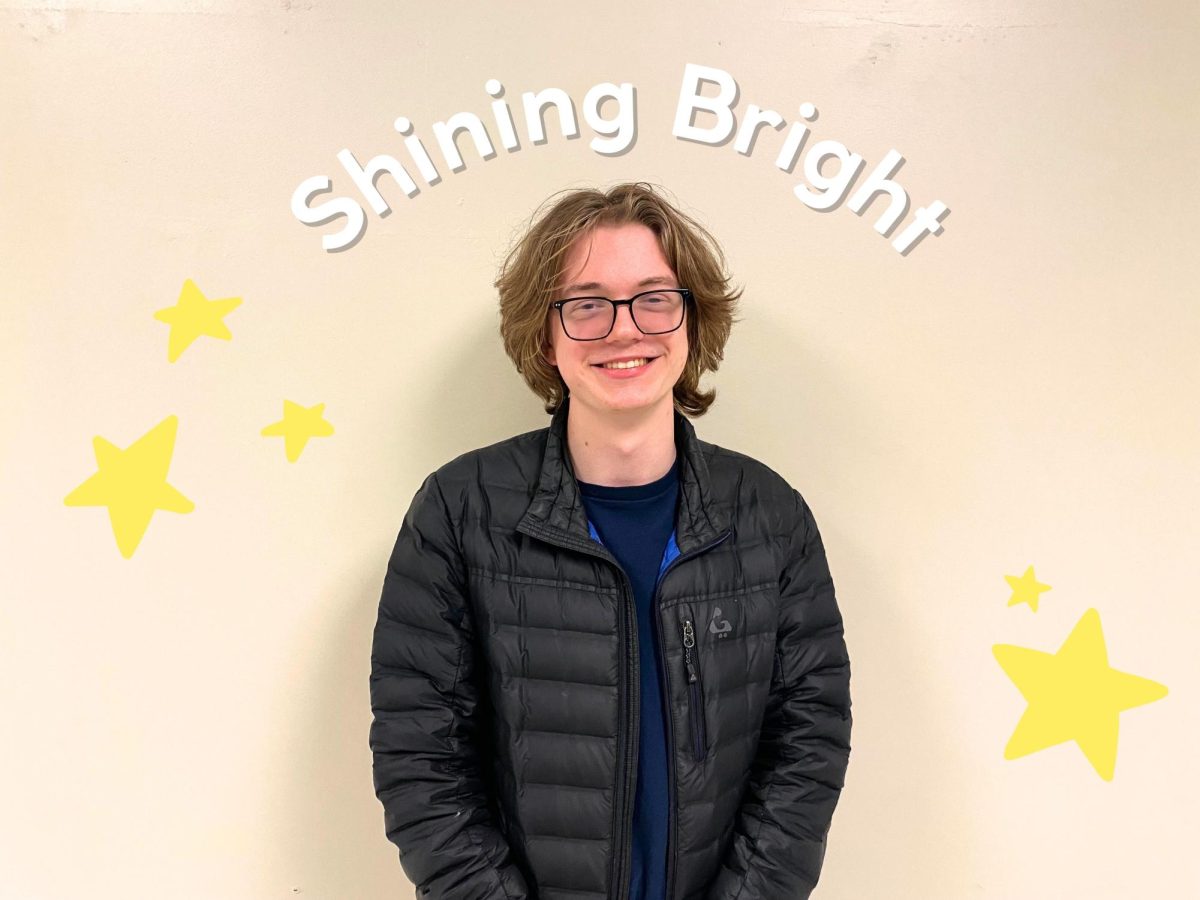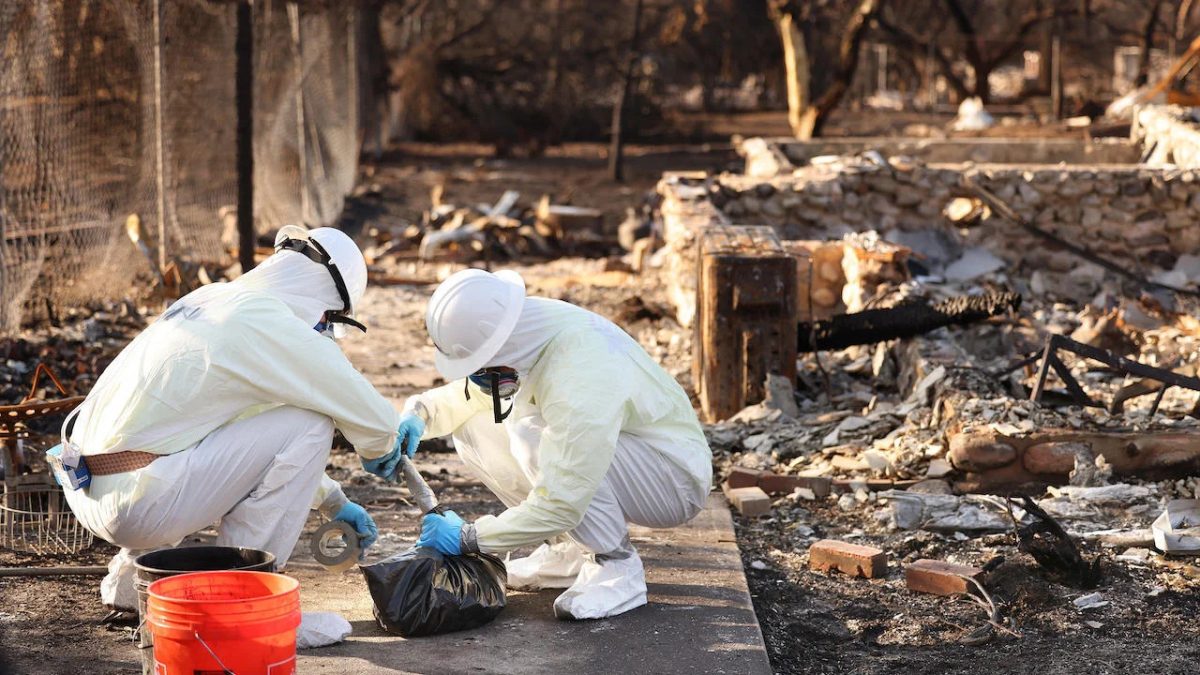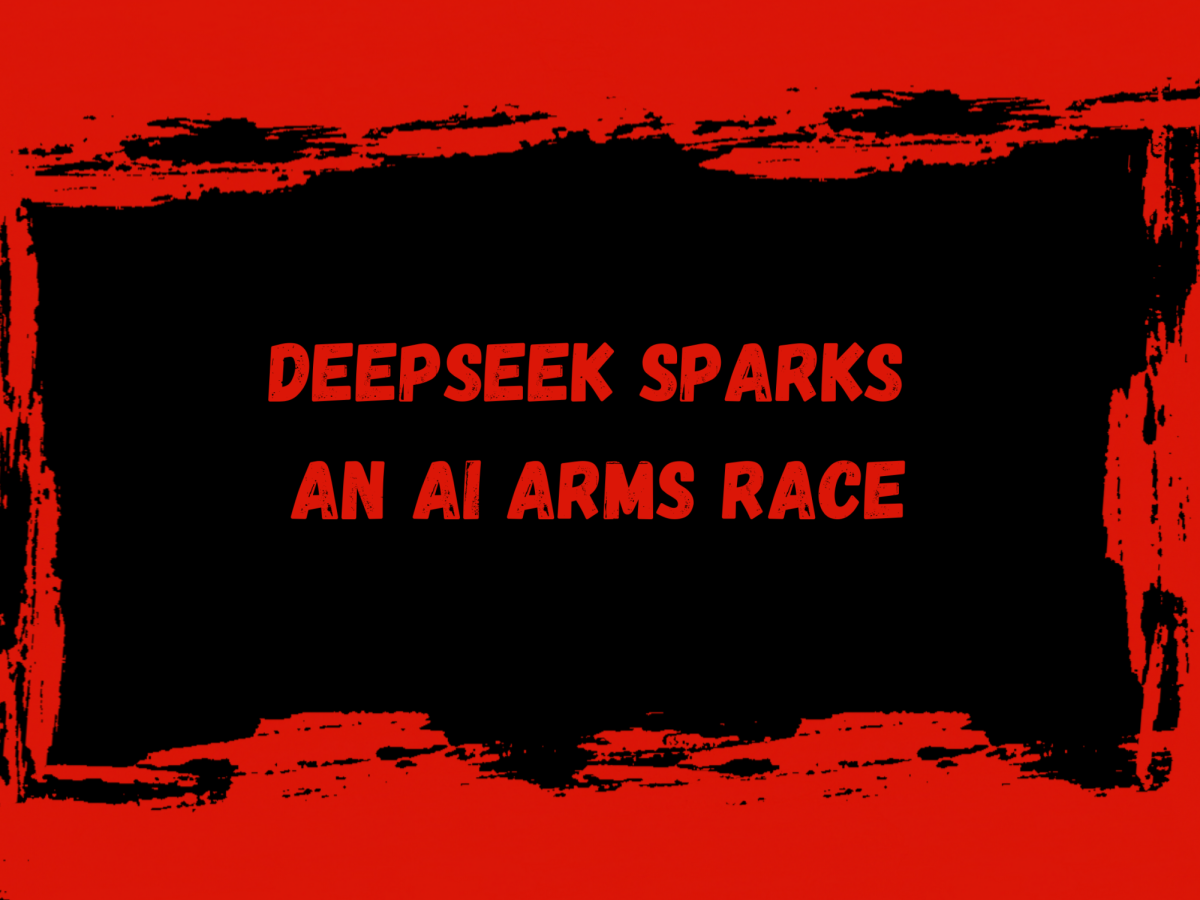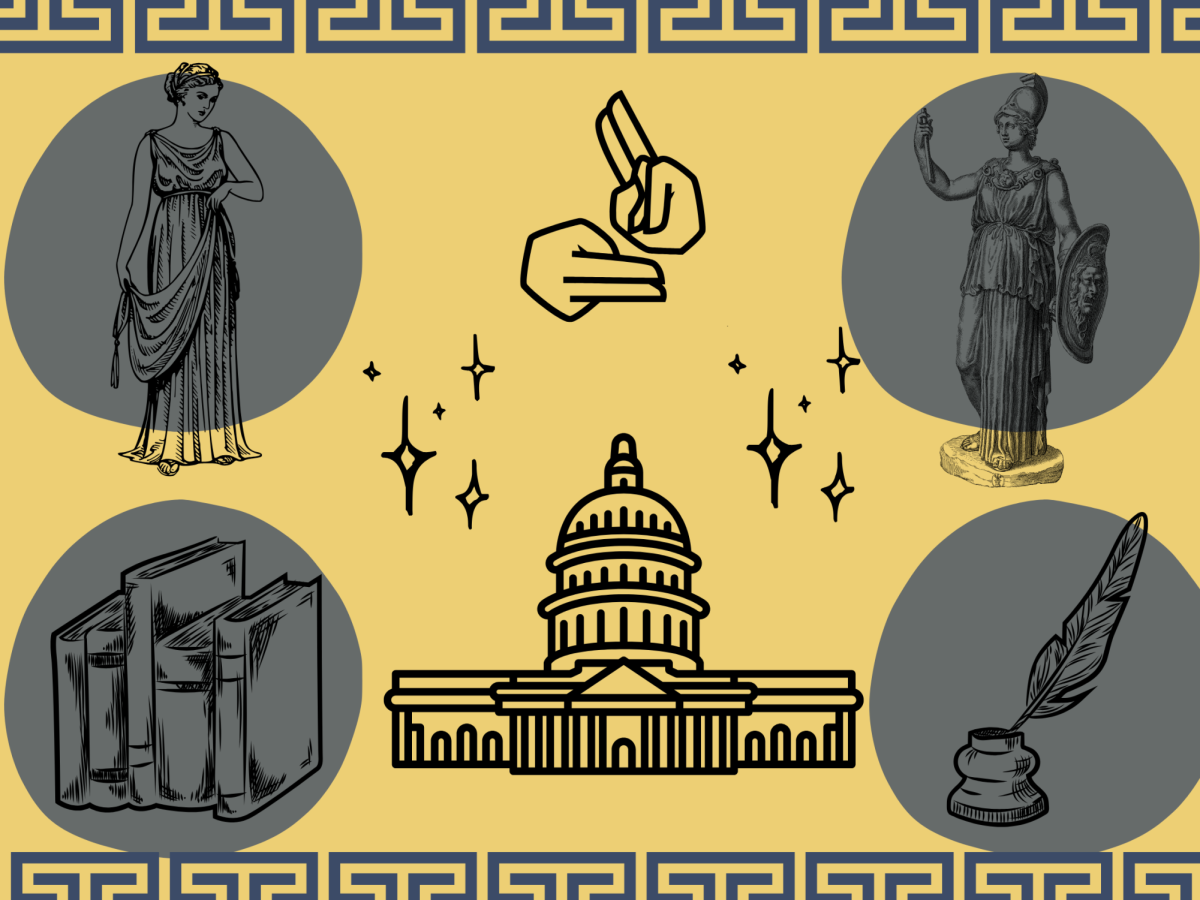One hundred eighteen days ago, the Screen Actors Guild and the American Federation of Television and Radio Artists (SAG-AFTRA), united once again to negotiate the misuse of artificial intelligence (AI) and unfair worker wages for those employed in the entertainment industry. Facing these issues hand-in-hand, thousands of entertainment workers signed SAG-AFTRA’s union contracts in hopes of reaching an agreement with the industry. After four months of halted production, a lack of media creating and widespread unemployment in the name of improved settlements, the strike reached a prospective agreement November 9.
SAG-AFTRA’s 2023 strike focuses on entertainment workers’ issues with low residual pay and the misuse of AI. The popularity of streaming networks, such as Netflix and Disney+, has led to complications with residuals—the payments actors, actresses, film directors and producers should gain from show and movie reruns. However, streaming services typically do not release rerun tallies, indicating that these services could pay workers less than expected or promised.
Mainly, SAG-AFTRA feels wary of AI protections. Entertainment companies commonly use AI to replicate the image and the voices of actors and actresses. This use of AI, in SAG-AFTRA’s eyes, can become controversial. AI can replace physical, real performers without any need for proper credits or pay because of the lack of copyright.
“The biggest part of that agreement is the use of people’s face and likeness and their voice with AI becoming a big thing now, without their consent. And then not paying them for it. We have to see how AI is so new, so we have to see what happens as it rolls along. They brought up the fact that people are using videos or voices of people who have actually passed away as well without asking those who own the rights to that or family members essentially if they could do that,” Theatre teacher and director Candice Corcoran said.
November 11, SAG-AFTRA reached an agreement with the Alliance of Motion Picture and TV Producers (AMPTP), a group that holds the negotiations between unions and businesses within the entertainment industry. The board approved the agreement with an 86% majority. The deal regulated four realms of AI: employment-based, independently created, generative AI and the digital replication of real actors. The AI agreements mandate actors subjected to AI replication to sign a consent or permission agreement before the production company can replicate their image and enforce a mandated pay for performers’ likeness used as AI.
“AI is the crux of the situation because they understand that when AI is in place, all the people trying to break into the industry that how they start as background extras. And if you take their voice and picture, you’ll never need to hire them again. And now there’s no reason to be an actor anymore. Now we need less costume designers, less hair and makeup, less catering, less lighting, less sets. Suddenly, entire billions of dollars start to disappear, these people can’t get jobs,” Audio & Video film teacher Daniel Knode said.
Additionally, minimum wage will increase by around 11% by the end of 2024, and another 3.5% July 2025.
Due to the major blackout of Hollywood entertainment in the past months, the possible end of the strike will likely turn into an extremely high demand for workers. Viewers can expect a lack of show and movie releases between the end of 2023 and the start of 2024 to compensate for the prolonged strike. Disney, Marvel and other major productions will need additional time to begin writing and producing again, meaning pushed back release dates. However, fans can once again enjoy interviews, premieres and other forms of advertising that the strike initially put on hold.
“I think of my students—they’re going into college trying to engage in film production, they wouldn’t be able to crossover. With this AI, they can do whatever they want with it, no pay…A lot of those actors are starving…Sydney Sweeney was talking about how she does not have a living wage. You have to also remember that these actors live in very expensive areas. Not by choice sometimes, that’s just how it is,” Corcoran said.




